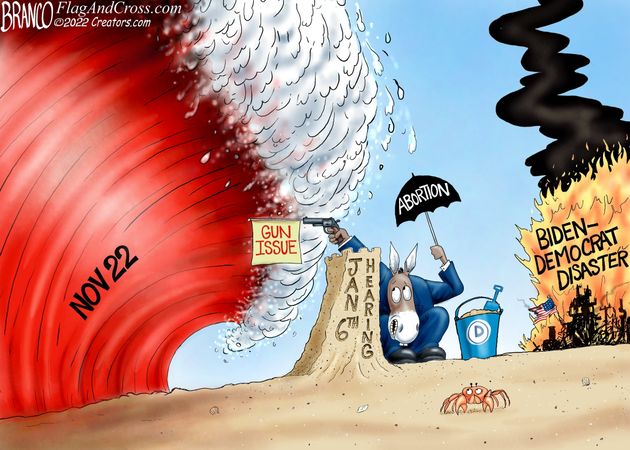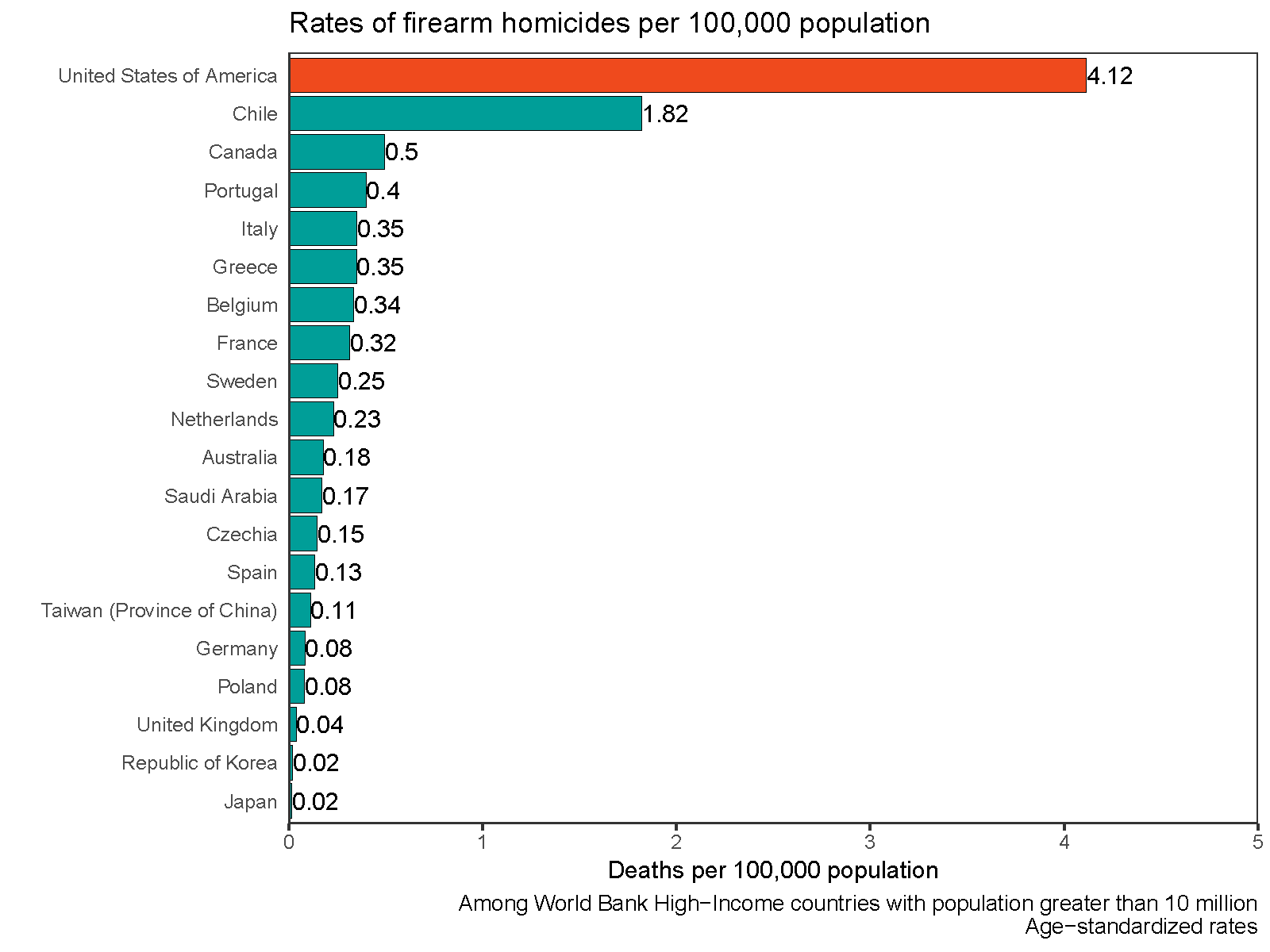There is a real danger that Republicans (in particular) who believe Democrats cheated, will take that as authority for them to cheat themselves. In some cases like mail-in ballots for people they know to have died (but who are still on the electoral roll) they could get away with that. And photo ID for in-person voting will make no difference.
More likely, Republicans push for voter integrity laws on the theory that they can win fair votes. And there is some evidence to back that up, Republicans are more widely spread out than Democrats.
Then it swings the other way, with postal voting banned and older voters who really need it, becoming disenfranchised. This would help Democrats.
For what I've heard for most states that restrict postal voting, there are exceptions for those that can show real issues getting to the polls.
It's unbelievable to me that a known liar could have such success with a lie after four years but it probably reflects a more deep seated distrust of democracy in the Republican voter.
The last poll I saw asking about whether Trump was legitimately elected in 2016--taken
after Biden's "victory," a majority of Democrats still said no, Trump wasn't. More than four years after the fact, most Democrats still bought into the Russian collusion hoax. For all I know, they still do.
From the Brennan Center for Justice:
Debunking the Voter Fraud Myth
Excerpt:
I could offer a list of cases of clear voter fraud, but it's beside the point because I agree with a larger point--it is
really tough to commit traditional voter fraud on a large enough scale to flip a statewide race, the more populous the state the more difficult it is. And thanks to the Electoral College, it's even harder to do that for a presidential election. Mind, that's
traditional voter fraud--it doesn't cover cases such as the massive voter fraud carried out in 2020 by the Wisconsin state government with drop boxes, as certified recently by that state's Supreme Court. Of course, the smaller the election's voter base and/or the closer the election the easier significant voter fraud becomes, so voter integrity laws matter most for
local elections and tight races.
But the point I was making about the need for voter integrity laws is as much about perception as it is about the truth--and as the poll shows, currently that perception isn't good. It's a lot easier to convince voters that what traditional voter fraud there is isn't enough to flip the election when you have clear laws in place to prevent it.


